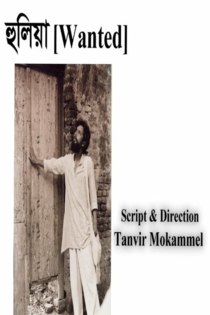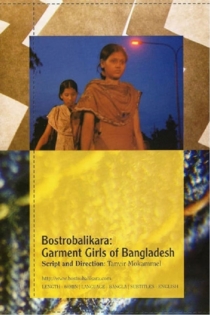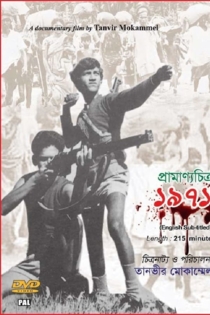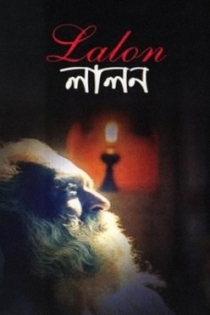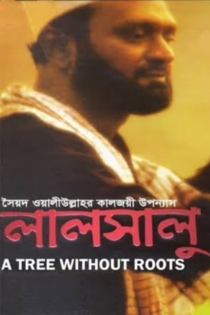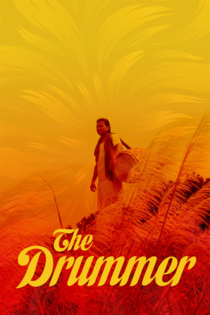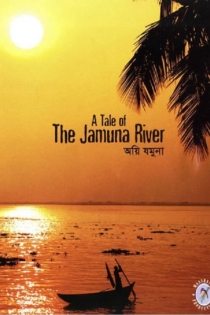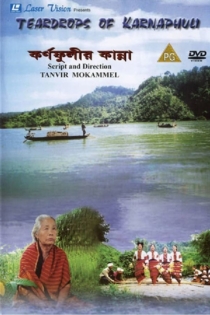
Tanvir Mokammel
2021Rabeya
Tanvir Mokammel
Banna Mirza, Jyotika Jyoti
During Bangladesh's Liberation War against Pakistan in 1971, in a remote village Rabeya and Rokeya, two orphaned young sisters, live in the religiously conservative household of their uncle Emdad Kazi, a rich kulak and a local Muslim League leader.
Rabeya

চিত্রা নদীর পাড়ে
Tanvir Mokammel
Momtajuddin Ahmed, Afsana Mimi
After the partition of India in 1947, Shashikanta's family, like millions of other Hindu families of East Pakistan (now Bangladesh), faced the dilemma of whether to migrate from the land in which they have been living for centuries. But Shashikanta Sengupta, an eccentric lawyer, stubbornly refuses to leave his motherland. Widower Shashikanta has two children, Minoti and Bidyut. Anuprava Devi is an affectionate old aunt who lives with the family. The family has a house in Narail, a small provincial town on the bank of the Chitra river. Some Muslim neighbors eye Shashaikanta's house. But the family refuse to migrate. Shashikanta's children Minoti and Bidyut are friends with the neighboring Muslim children- Badal, Salma and Nazma. Minoti and Badal become more than friends. The children grow up.
Quiet Flows the River Chitra
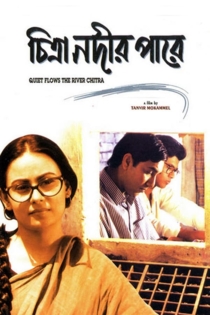
The River Named Modhumoti
Tanvir Mokammel
Tauquir Ahmed, Aly Zaker
During the 1971 liberation war of Bangladesh, in a remote village, a landlord collaborated with the Pakistani army. After the death of his brother, he married his sister-in-law who had a young son. A teacher in the village, with a widowed daughter, taught the young man had a daughter. When the war broke out, the young man joined the Bengali guerrillas, shattering his innocence. In the village, the landlord's action get worse and worse, until he kills the teacher and compels the daughter to marry him. Now the young man must return to his village with new determination.
The River Named Modhumoti

Swapnabhumi
Tanvir Mokammel
The film highlights the current stateless status of Stranded Pakistanis in Bangladesh, otherwise known as Biharis. It highlights the violence against Biharis and their despair of not being able to settle in Pakistan., which the Biharis see as a betrayal.
The Promised Land
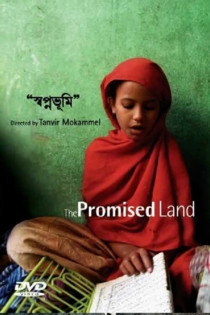
Hooliya
Tanvir Mokammel
Asaduzzaman Noor, Humayun Faridi
During anti-Ayub movement in the 1960’s a young leftwing political activist had warrant against him. He would secretly move around by trains. Police detectives followed him. It was never clear in the poem whether the young man went to his village and met his mother and comrades, or whether he was just thinking about them and thus the past, present and future of the politics of that particular time of our history all converged in his subconscious.
Wanted
